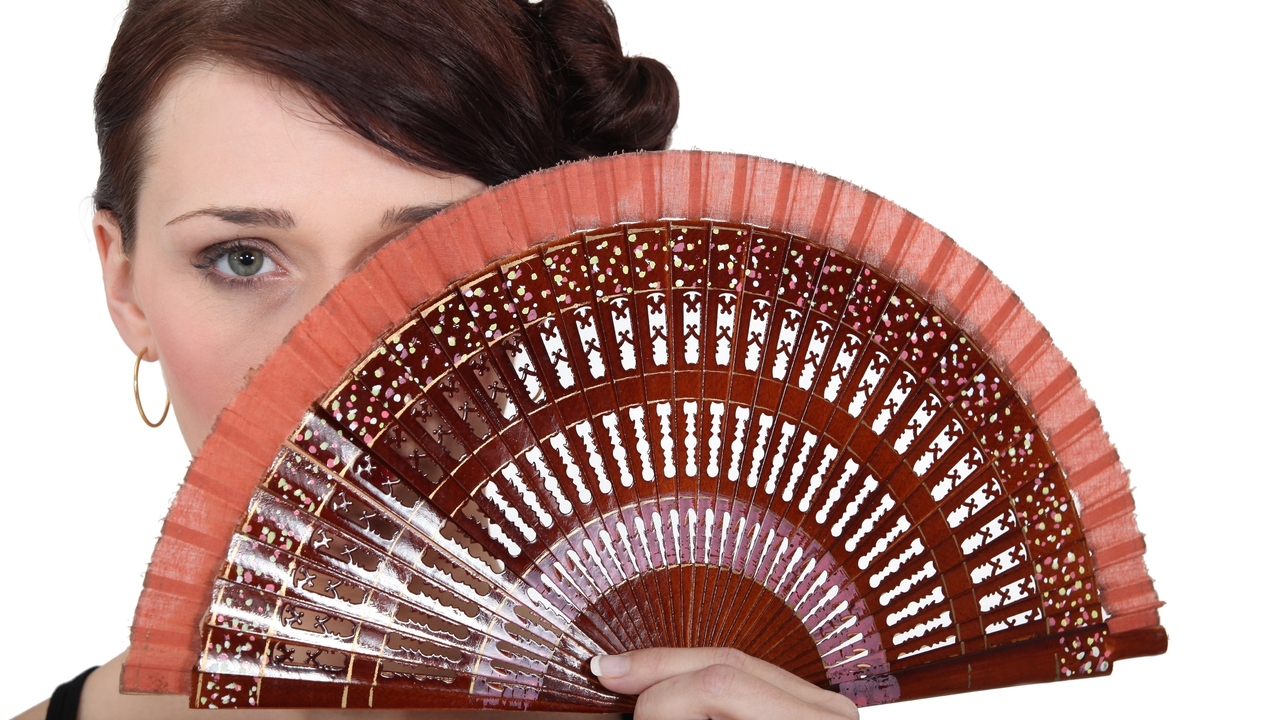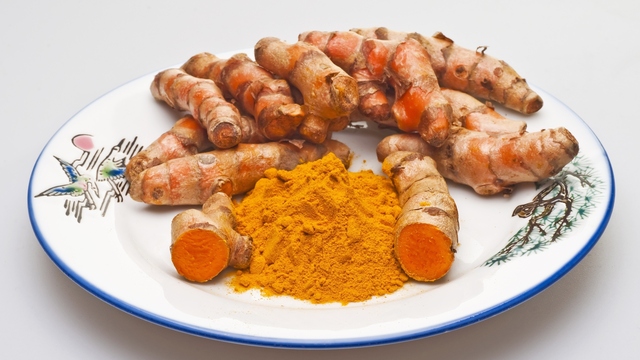Treatment
Menopause is a natural part of life and does not necessarily require treatment. Symptoms and health risks associated with low estrogen can be treated. These include hot flashes, vaginal dryness, and osteoporosis (loss of bone mass).
Osteoporosis in Hip
Hormone Replacement Therapy (HRT)
A number of different types of hormones are available. They include:
- Natural, synthetic, and plant-derived estrogens
- Progesterone
- Combinations of estrogen and progesterone
- Addition of small amounts of male hormones
HRT is available as tablets, gels, skin patches, vaginal rings, vaginal tablets, injections, and pellets inserted into the skin.
There are a number of possible risks associated with HRT . Some of these include cancer ( endometrial , breast , ovarian ), heart disease, gallstones , and gastroesophageal reflux disease (GERD).
Phytoestrogens
A high intake of phytoestrogens (or plant estrogens) may help menopausal women. They may reduce the risk for diseases associated with estrogen. Phytoestrogens are found in soybeans, black cohosh , rhubarb extract (a supplement), whole grains, legumes, tempeh, and flax seed. They are also found in concentration in capsule form.
Healthful Diet
A healthful diet during menopause can improve a woman's sense of well-being. It may also reduce the risk of heart disease, osteoporosis, and certain cancers. The diet should be low in fat and high in fruits, vegetables, whole grains, calcium , and vitamin D .
Limit Caffeine and Alcohol
Cutting back on caffeine and alcohol may reduce symptoms of anxiety, insomnia, and loss of calcium.
Quit Smoking
Giving up smoking can reduce the risk of early menopause, heart disease, and osteoporosis.
Regular Exercise
Regular exercise may reduce hot flashes. Weight-bearing exercises such as walking, climbing stairs, and resistance exercises such as lifting weights help strengthen bones and decrease the risk of osteoporosis.
Stress Management
Stress management may help ease tension, anxiety, and possibly other menopausal symptoms. Deep breathing, massage , warm baths, and quiet music are examples of relaxation techniques.
Over-the-Counter Products
Moisturizers and lubricants are used to help vaginal dryness.
Nonhormonal Medications for Hot Flashes
-
Certain blood pressure medicines (taken in lower doses)
- Examples include: clonidine (Catapres), methyldopa (Aldomet)
-
Selective serotonin reuptake inhibitors (SSRIs) and serotonin and norepinephrine reuptake inhibitors (SNRIs)
- Examples include: fluoxetine (Prozac), paroxetine (Paxil), venlafaxine (Effexor), desvenlafaxine (Pristiq)
- Note: SSRIs and SNRIs should not be used if you are taking tamoxifen (Nolvadex), a medication to reduce the risk of breast cancer recurrence.
Please be aware that this information is provided to supplement the care provided by your physician. It is neither intended nor implied to be a substitute for professional medical advice. CALL YOUR HEALTHCARE PROVIDER IMMEDIATELY IF YOU THINK YOU MAY HAVE A MEDICAL EMERGENCY. Always seek the advice of your physician or other qualified health provider prior to starting any new treatment or with any questions you may have regarding a medical condition. Copyright © 2024 EBSCO Publishing All rights reserved.

 NAMS 2015 Annual Meeting: ERT and Early Menopause due to Hysterectomy
NAMS 2015 Annual Meeting: ERT and Early Menopause due to Hysterectomy







